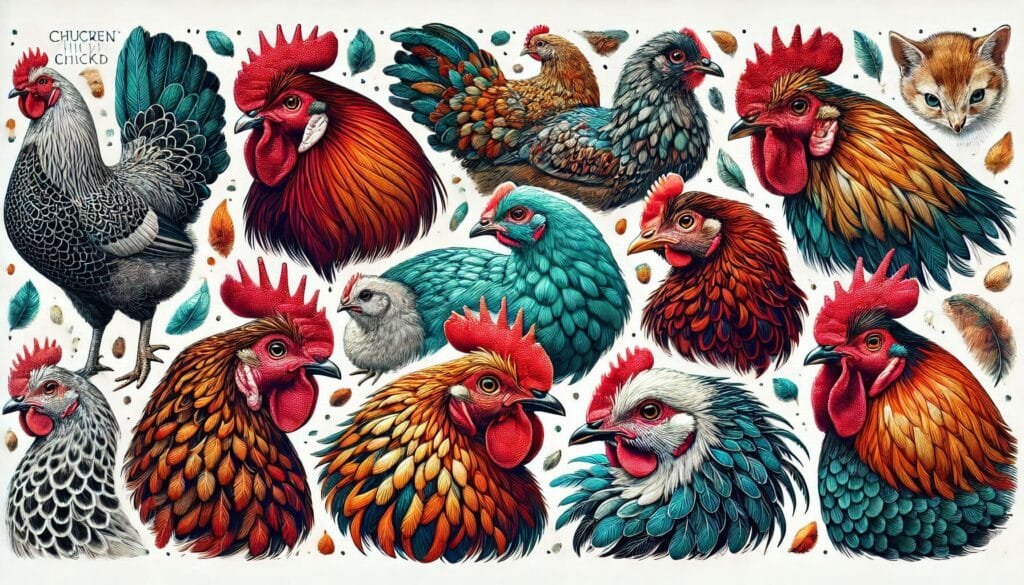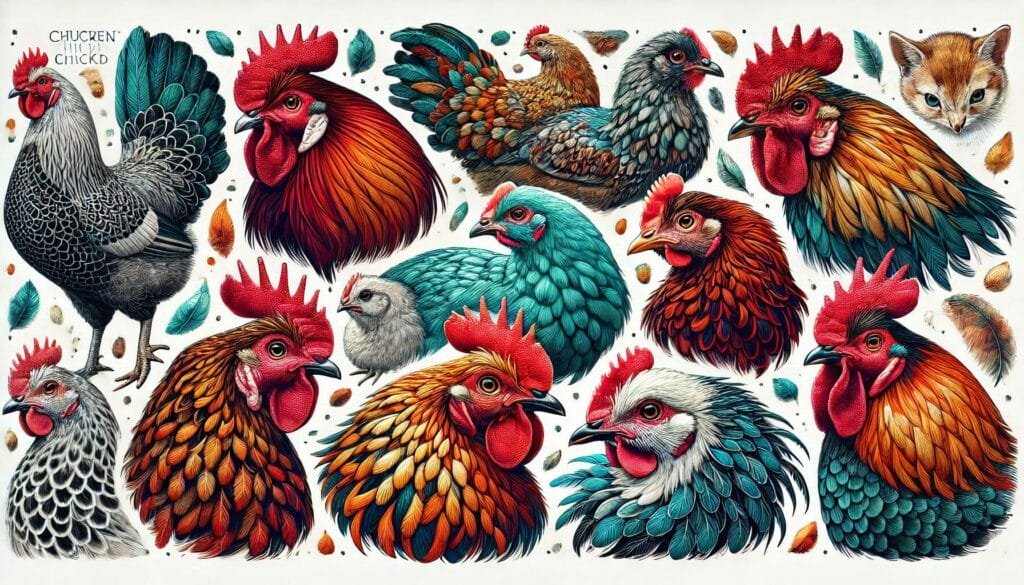Riboflavin Deficiency in Birds

What is Riboflavin Deficiency?
Riboflavin (Vitamin B2) is crucial for birds’ metabolism and overall health. A deficiency can cause severe problems in poultry, leading to growth retardation, nerve disorders, and reduced egg production. Ensuring birds receive an adequate amount of riboflavin is essential for their well-being. (More Info)
Why Do Birds Need Riboflavin?
The Role of Riboflavin in Avian Health
Riboflavin is a water-soluble vitamin that plays a major role in energy production and enzyme function. Since birds cannot store it in large amounts, a continuous dietary supply is necessary. Deficiency primarily affects young birds but can also impact adult poultry. (Learn More)
Causes of Riboflavin Deficiency in Birds
1. Inadequate Diet
Commercial poultry feeds usually contain sufficient riboflavin, but birds on homemade or unbalanced diets may suffer from a lack of this vitamin.
Natural Sources of Riboflavin
- Green leafy vegetables
- Brewer’s yeast
- Liver and eggs
- Dairy by-products (Read More)
2. Poor Feed Storage
Riboflavin is sensitive to light and heat. Storing feed in direct sunlight or damp conditions can lead to vitamin degradation. Proper storage helps maintain its nutritional value. (Storage Guide)
3. Genetic Factors
Some bird breeds are more susceptible to riboflavin deficiency due to their genetic makeup. Breeders should select for strong, healthy birds with no history of metabolic disorders. (Breeding for Health)
Signs and Symptoms of Riboflavin Deficiency
1. Growth Retardation
Young chicks with riboflavin deficiency show slow growth and poor feather development. They appear smaller than their healthy counterparts.
2. Curled-Toe Paralysis
One of the most distinctive symptoms is curled-toe paralysis. Affected birds have difficulty walking as their toes curl inward due to nerve damage. (Symptoms in Poultry)
3. Skin Lesions
Birds may develop lesions around the beak, eyes, and feet, leading to inflammation and secondary infections.
4. Reduced Egg Production
In laying hens, riboflavin deficiency results in fewer eggs and poor hatchability. Chicks from deficient hens often fail to thrive. (Egg Production Issues)
How to Prevent Riboflavin Deficiency in Birds
1. Balanced Diet
Provide a nutritionally complete feed that meets the daily riboflavin requirements of poultry.
Best Dietary Sources
Supplement homemade feeds with yeast, green vegetables, and animal-based products. (Poultry Feeding Guide)
2. Proper Storage of Feed
Keep feed in airtight, dark containers to prevent riboflavin loss. Store in a cool, dry place away from direct sunlight.
3. Vitamin Supplements
When signs of deficiency appear, immediate supplementation is necessary.
Choosing the Right Supplement
Water-soluble vitamin B2 powders are available for quick absorption. (Supplements for Poultry)
4. Regular Health Checks
Monitor your birds for early signs of deficiency. Early detection prevents severe health issues and improves recovery outcomes.
Treatment for Riboflavin Deficiency
1. Riboflavin Supplementation
Add riboflavin to drinking water or mix it into feed. Symptoms usually improve within a few days of supplementation.
2. Veterinary Consultation
If severe symptoms persist, consult a veterinarian to rule out other deficiencies or underlying health conditions. (Find a Vet)
Conclusion
Riboflavin deficiency in birds is preventable with a proper diet, good feed storage, and timely supplementation. By understanding the symptoms and taking early action, bird owners can maintain healthy flocks and avoid serious health complications.
For more pearls of Vets Wisdom:
Selection Indices






Responses